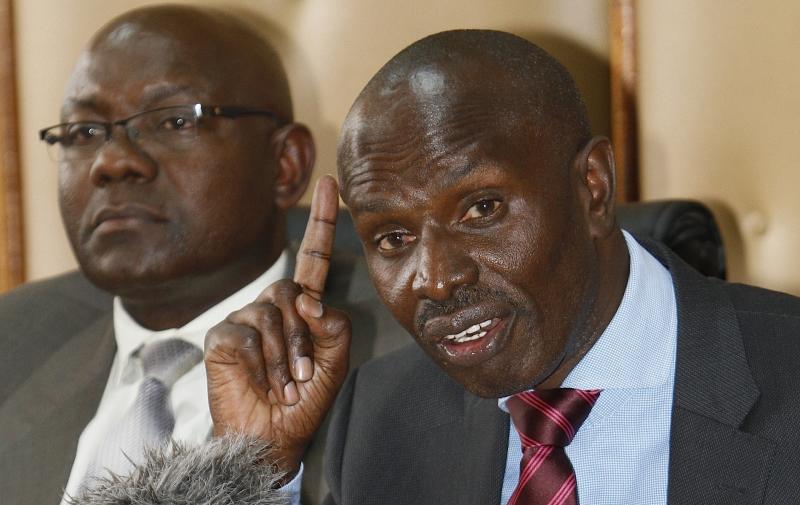×
The Standard e-Paper
Smart Minds Choose Us

Top performing private schools may get funding from the Government if the Ministry of Education adopts a new international financing proposal.
The new multi-billion education funding system will see private schools that produce best results rewarded through a comprehensive Government funding dubbed Education Outcome Fund (OED).